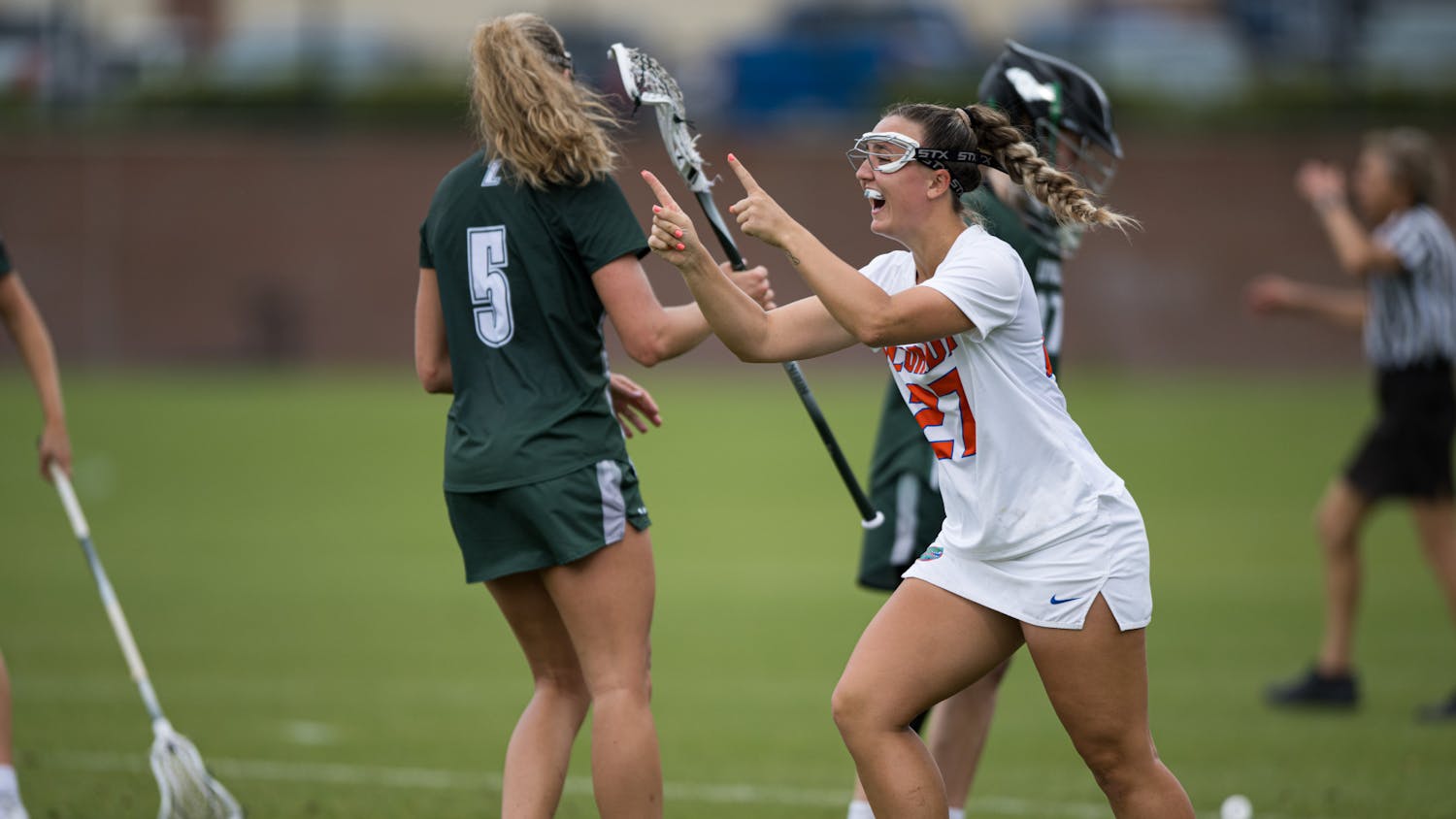Books are like messages in bottles. They traverse choppy terrains to reach us, bouncing along time and space, but eventually, through almost no action of our own, they end up right in front of us, in one form or another. It is up to us to take the crumpled message, smooth it out and listen.
“The Handmaid’s Tale” is a book of such importance. Written by Margaret Atwood in 1985, this dystopian, speculative novel is about a world where fertility is considered a national resource, and women are subjugated by a religious regime, which has overthrown the U.S. government.
The narrator and protagonist, named Offred, is a handmaid, or as she calls herself, a “two-legged womb.” Her title is a slave name that combines the word “of” with her owner or commander’s name, which is Fred in the book. It is implied in the text that her real name is June, although whether this is her true identity is up to the reader to believe. In this dystopian world, fertile women are commodities as human reproduction is in jeopardy. The book, narrated by Offred, could be interpreted as a tale of resiliency or simply as a scary story too appropriate for its time.
After premiering on Hulu in April, the television adaptation of “The Handmaid’s Tale” exemplified the contemporary political and social ties that the original story has.
The show pays excellent homage to the book, although there are a few differences worth noting. For one, the show places people of color in roles where the book does not. For example, Offred’s husband, Luke, is played by O. T. Fagbenle, and her best friend Moira, who is a lesbian or “gender traitor” as they are called in the book, is played by Samira Wiley, who is also in the TV show “Orange Is the New Black.”
Some have hailed this change as a weak plot line, which I would agree with. To distinguish a character with a defining quality, such as race, begs the adaptor to address the changes and show how they impact the storyline. Racebending can only add to the depth the characters exhibit onscreen, but television critic for The New Yorker Emily Nussbaum called this “well-meaning” plot line one that did more to “muddy the message.”
The way Offred is portrayed is another divergence the adaptation takes on. The show holds much of the wit and darkness that Atwood incorporated into the text. It is only fitting, however, that Offred acts a little different in the adaptation than in the book as plot twists and inspiring actions only help a story told through the medium of television. In the book, Offred is cerebral, comforting herself with dark humor and eventually sex — on her own terms. These things are true of Offred in the show as well, but there is an attitude shift in her character that the book never reveals.
In the show, Offred, instead of simply surviving, strives to quite literally f--- the patriarchy. She represents an inspiring legend in the adaptation rather than simply an observer in the book. Her one-liners can still be caught, however, by the expectant ear of someone who is familiar with the text.
Plot lines like these are what set the television adaptation apart from the original work. But take note: One is not better than the other. Although they recount the same message, where the adaptation takes away from the story it also adds to it.
There are numerous reasons why you should watch “The Handmaid’s Tale.” For one, the overarching theme, some might argue, is more relevant today than when the book was published some 30 years ago. For another reason, the show is beautifully shot, and the actors are directed so their dialogue seems real and scarily authentic.





